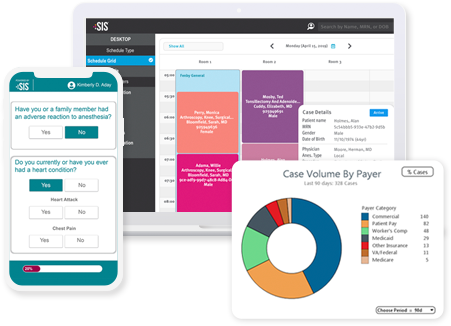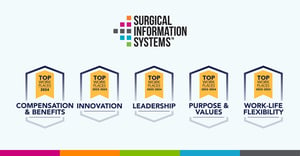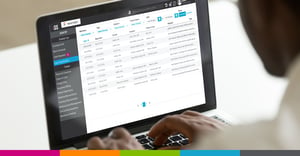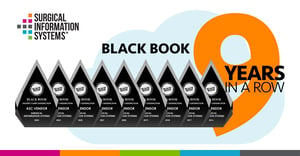-
Where's My Money?!? ASCs' Path to Payment SIS' revenue cycle experts highlight common challenges ASCs face in collecting payment and share guidance for ASCs to collect what they are owed and better ensure no money is left behind.
 Exploring the Drivers & Benefits of Outsourced Billing for ASCs SIS brings together ASC leaders to discuss why they've chosen to partner with a third-party billing company for their revenue cycle, what they look for in a billing partner, and the benefits their ASC is experiencing as a result.
Exploring the Drivers & Benefits of Outsourced Billing for ASCs SIS brings together ASC leaders to discuss why they've chosen to partner with a third-party billing company for their revenue cycle, what they look for in a billing partner, and the benefits their ASC is experiencing as a result.
























